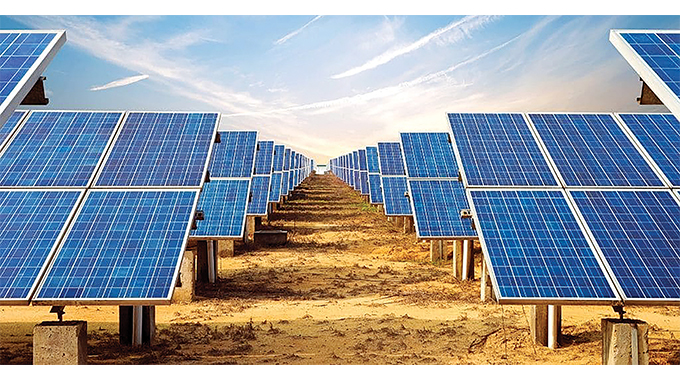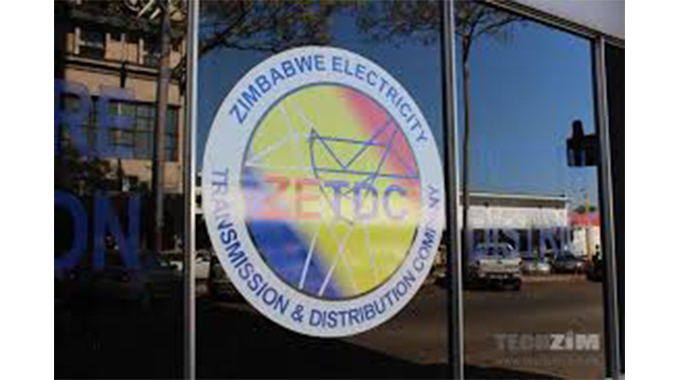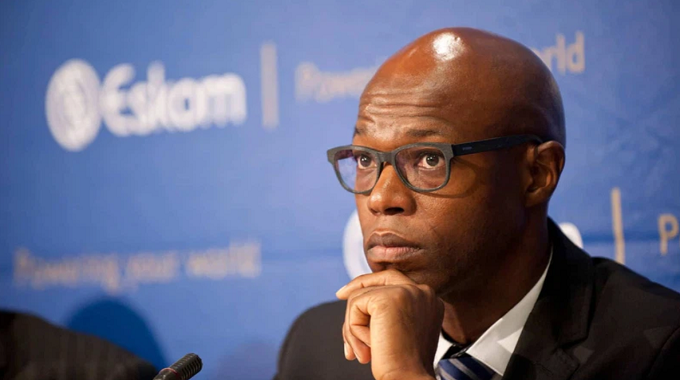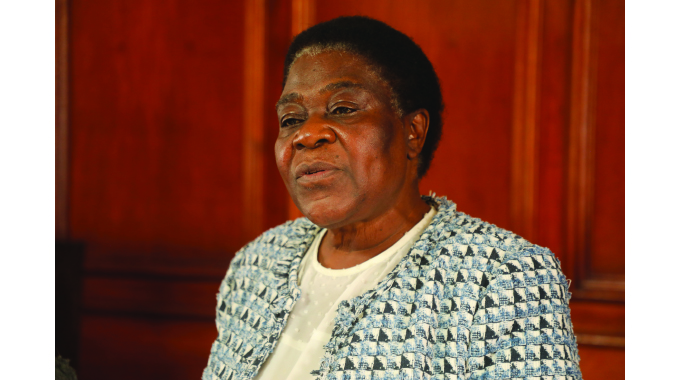Massive solar plant for Gwanda

Nqobile Bhebhe, Senior Business Reporter
The Zimbabwe Electricity Transmission and Distribution Company (ZETDC) has signed a power purchasing agreement with an independent power producer, Matshela Energy Limited, for a 100MW solar plant in Gwanda.

Zimbabwe Electricity Transmission and Distribution Company (ZETDC)
The project is touted as one of the biggest renewable solar projects in the country and the Southern Africa region.
Zimbabwe has turned to solar energy generation projects to supplement low levels of electricity and reduce carbon footprint.
Government is encouraging Independent Power Producers to complement its efforts to boost power generation and stop importing electricity.
According to official statistics, the country’s power generation capacity is subdued at around 1 300MW with demand hovering around 1 750MW.
The additional 100MW expected from the Gwanda solar plant will go a long way in reducing the electricity deficit.
In announcing the deal yesterday, Matshela Energy director Matshela Koko said the solar plant project is one of the largest in the country and the region.

Matshela Energy managing director Mr Matshela Koko
“The 100MW solar PV and 40MWh storage project signifies a change within the Southern African energy landscape and it will be one of the largest renewable energy and storage facility in Zimbabwe and the region,” he said in a statement.
He said the project was started in 2018 and vowed that it would not falter.
“The people of Gwanda have been good to us and we owe it to them to succeed,” he said.
“Matshela Energy is pleased to announce that the power purchase agreement between the Zimbabwe Electricity Transmission and Distribution Company (ZETDC) and Matshela Energy (PTY) Limited for the 100MW solar PV Power plant has been concluded.”
Matshela Energy is licensed in terms of Section 42 of the Electricity Act to construct, operate and maintain the 100MW solar power station and associated battery storage facility of 40MWh at Gwanda Timber Farm.
“This is a landmark achievement by Matshela Energy, the Zimbabwe Energy Regulatory Authority (Zera), ZETDC, the Department of Energy and Power Development in Zimbabwe and other related parties,” it added.
The power firm said it is working towards financial closure under Zera’s stipulated timelines.
“According to the signed power purchase agreement, the Government support agreement must be concluded within the next 180 days from the signature date.
“A Government support agreement is an agreement between the Government of Zimbabwe acting through the ministry of Finance and Economic Development and the independent power producer (IPP) that set out terms on which the Government of Zimbabwe provides incentives and assistance to the IPP.
“We are confident that the Government support agreement will be concluded within the stipulated period,” the company said.
Since 2010, the regulatory authority has licensed over 70 IPPs to establish electricity generation plants across the country, with estimated output of over 6 000MW combined.
However, a few small projects are operational and only producing little at a time the country is experiencing a serious electricity deficit.
In line with Vision 2030, Government has mandated IPPS to contribute close to 40 percent of the targeted 11 500MW that the country needs in order to attain an upper-middle-income economy status where electricity, among other services, should be readily available and accessible to all citizens.
Several high energy using firms especially in the mining sector are installing solar plants to ensure steady supply of energy and boost production levels.

Caledonia Mining Corporation
Caledonia Mining Corporation, which owns Blanket Gold Mine in Matabeleland South, says it has spent US$14 million on a solar project which will drastically reduce its power costs.
The 12MW solar plant is expected to provide 27 percent of the mine’s electricity requirements.
In 2020, Caledonia announced that the solar project was part of efforts to address electricity constraints that have over the years affected the mining industry.
The project is in line with the Government’s strategy to boost power production.
The mining sector is critical in generating foreign currency, contributing about 70 percent of the forex earnings, largely driven by gold, platinum and diamonds.
Similarly, giant cement manufacturer, Pretoria Portland Cement (PPC) Zimbabwe is embarking on a US$40 million solar plant project in Bulawayo and Colleen Bawn will boost the firm’s power requirements of 17MW with the excess 13MW being fed into the national grid.
The massive projects, which will also reduce the cement industry carbon footprint dovetails with the Second Republic’s strategies out lined in the National Development Strategy 1 on increasing energy power supply through broadening the energy mix by promoting independent power production.
– @nqobilebhebhe











Comments